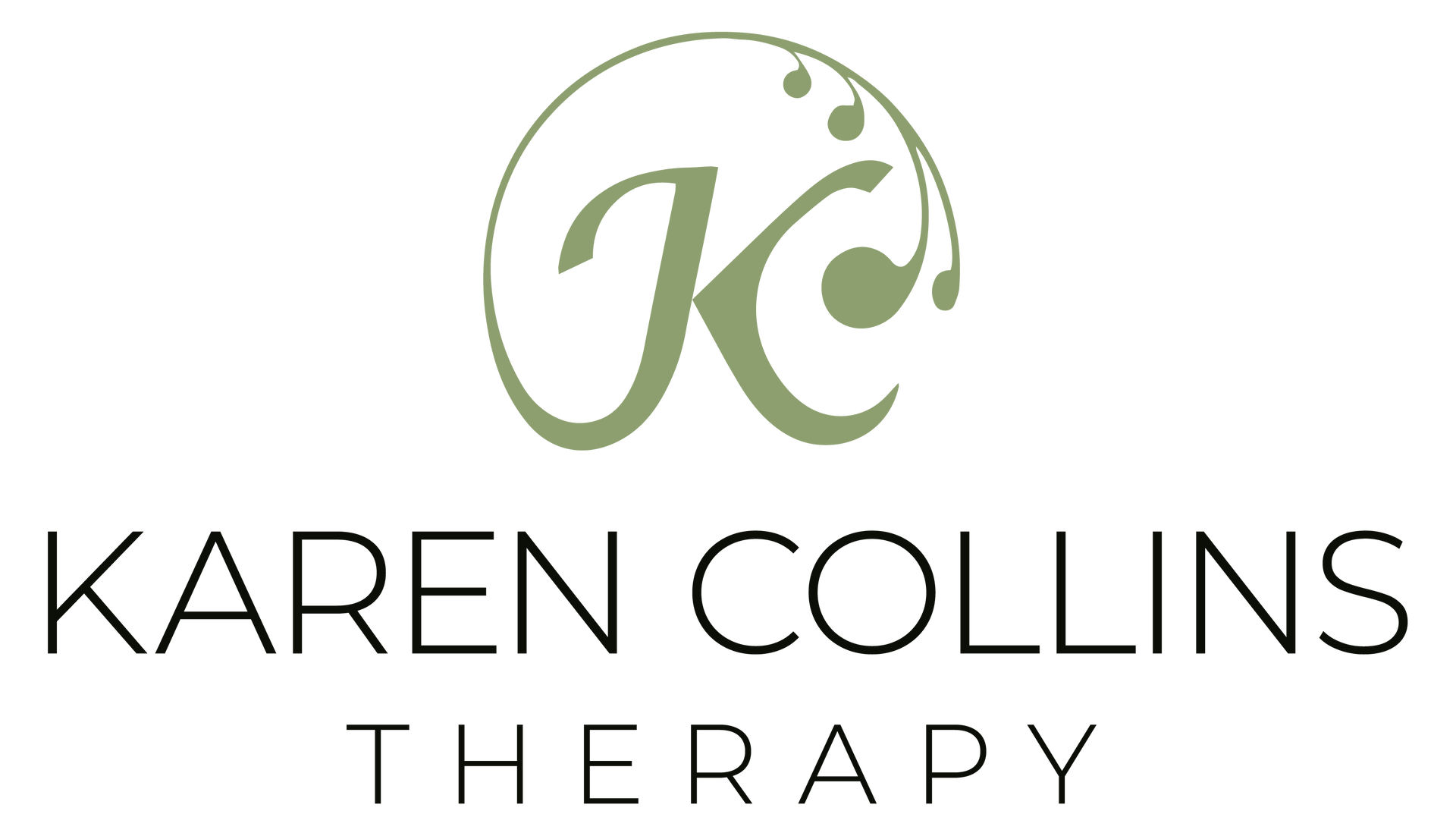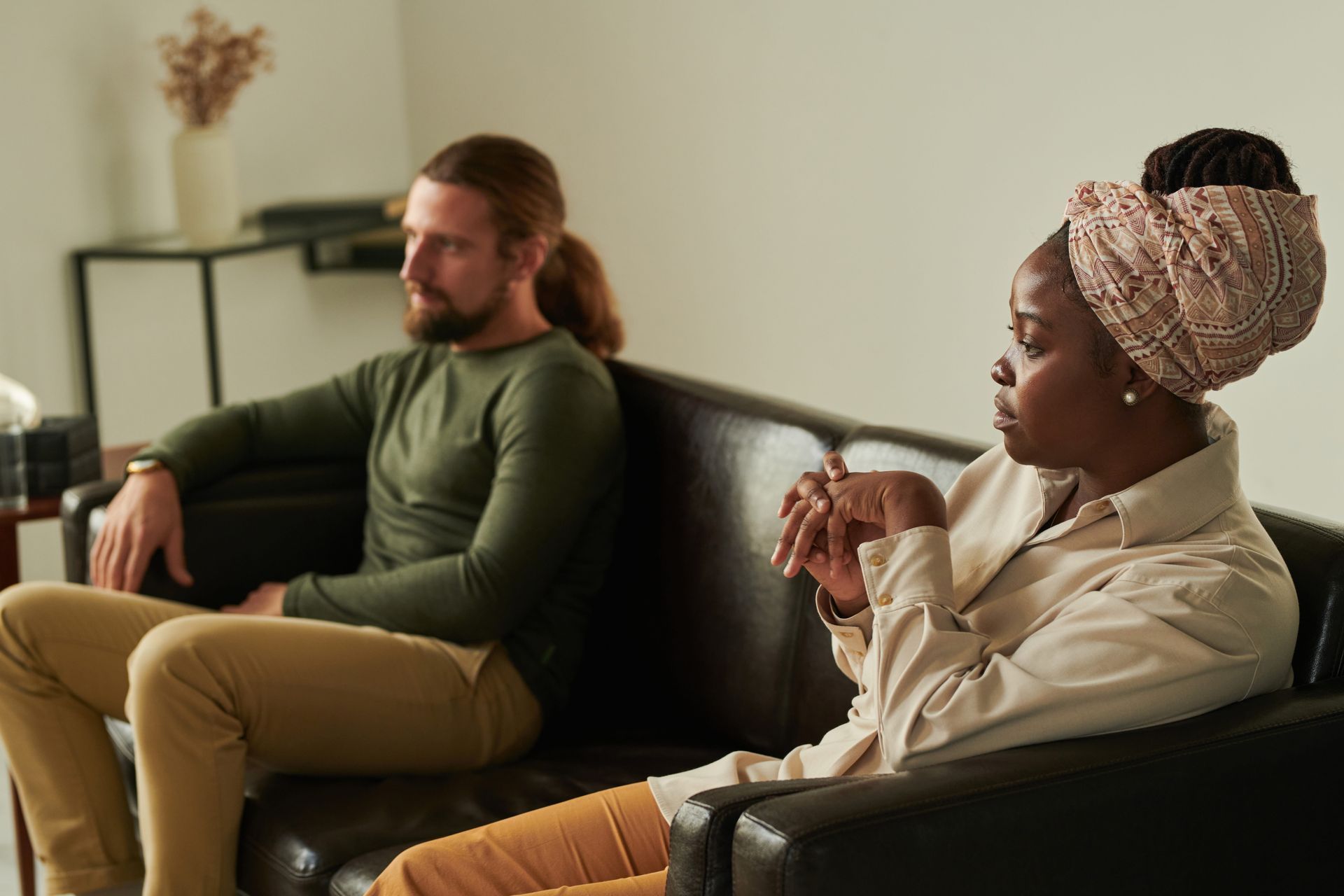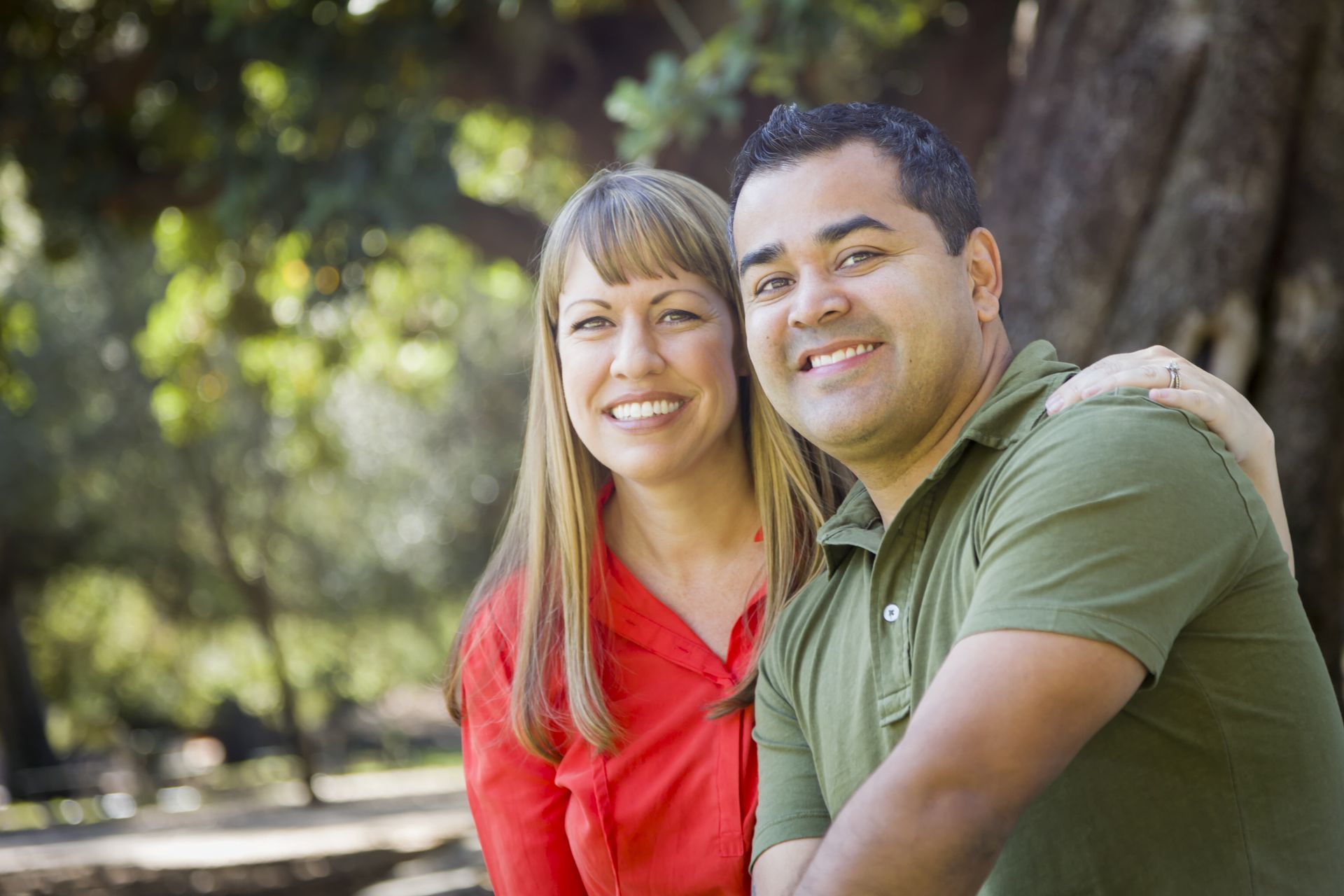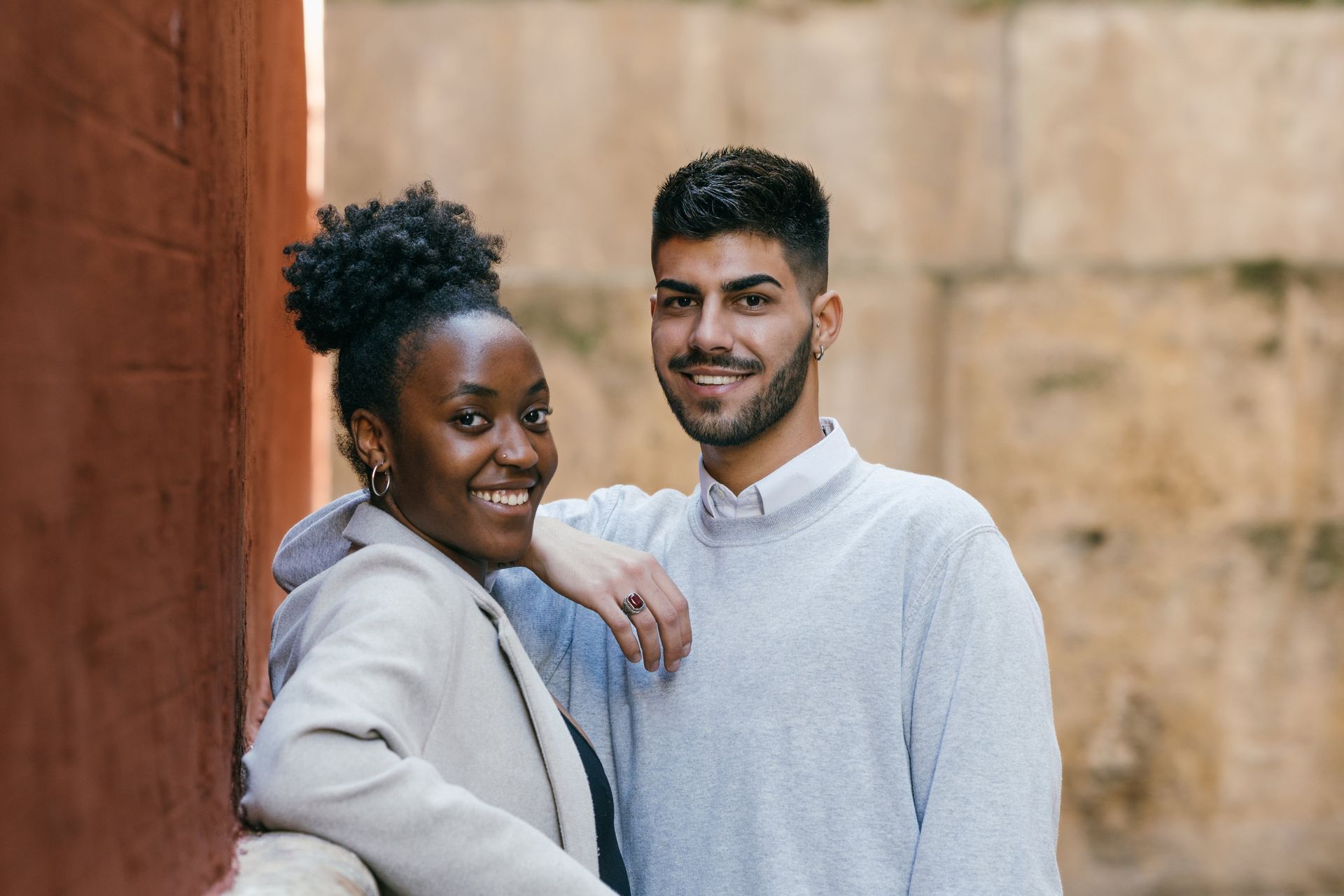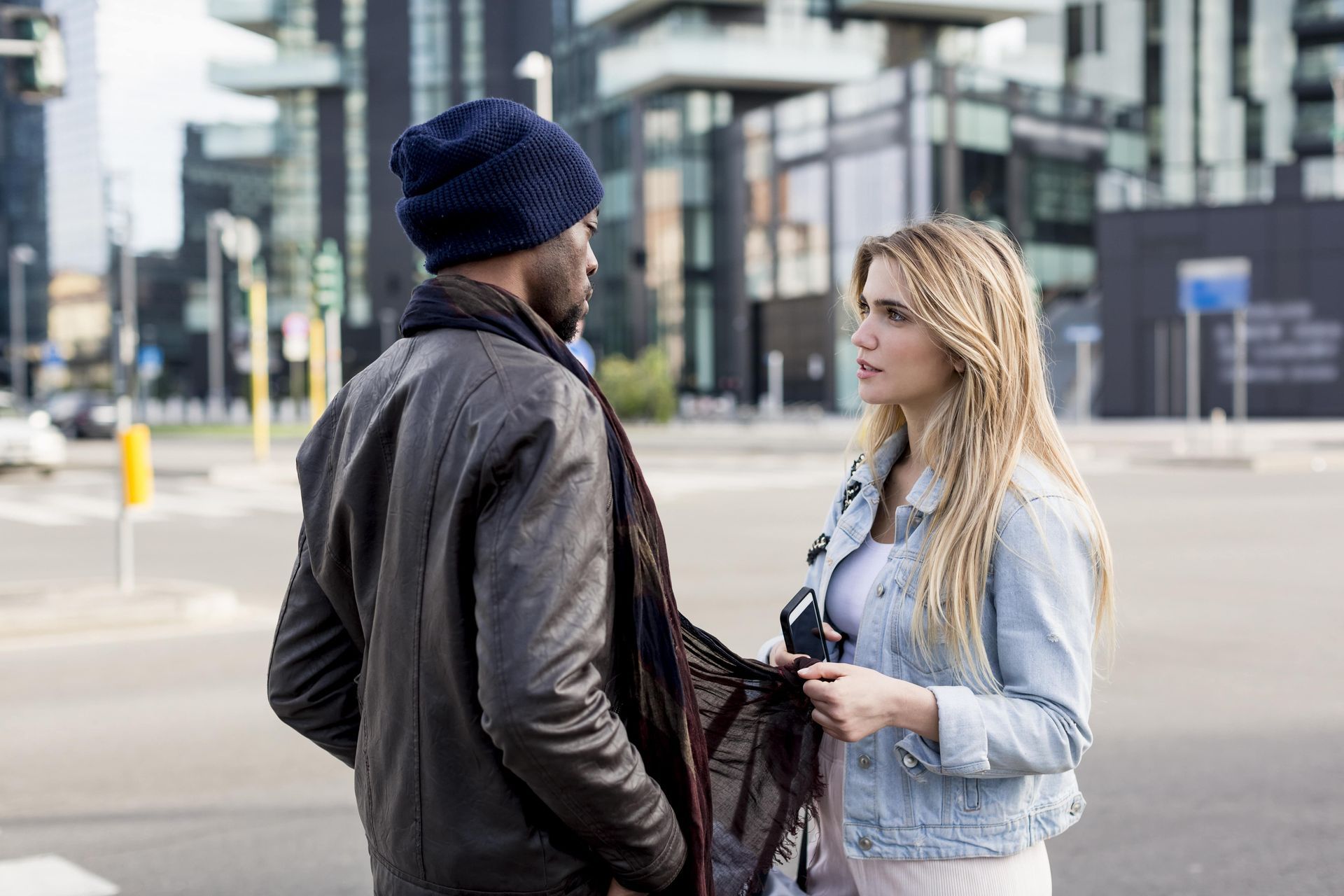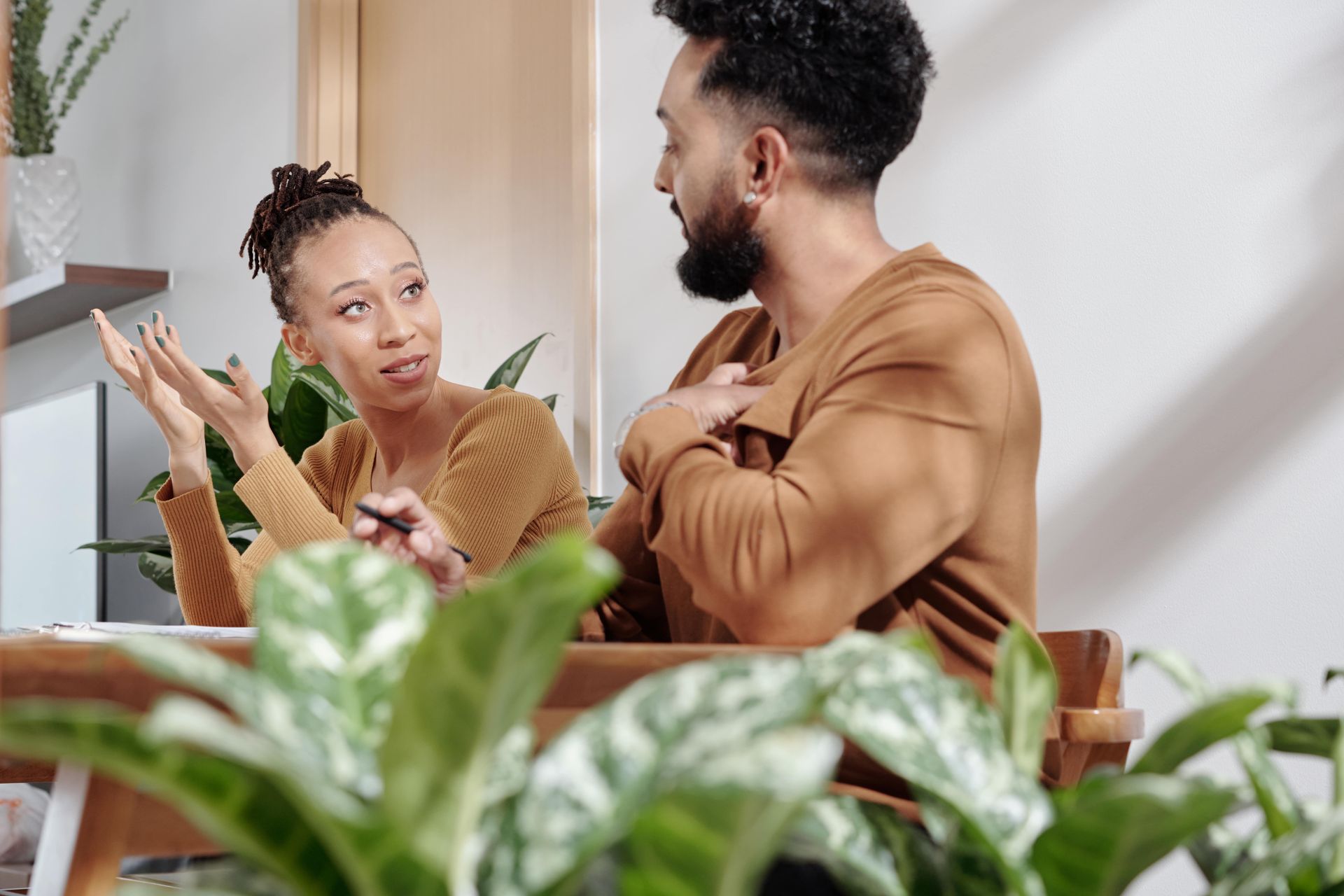Simple, Compassionate ways to Support Someone who is Grieving
Learn how to support someone who is grieving with empathy, presence, and simple, meaningful actions.
Supporting someone who has experienced a loss can feel overwhelming. You might wonder what to say, what to avoid, or how to truly help. Grief is deeply personal, but even small acts of compassion can offer comfort. This guide shares thoughtful, practical ways to help a loved one through grief, without needing to say the perfect words.
🫶 Be Present: How to Support Someone Who Is Grieving
You don’t need to fix their pain, just being there can mean everything.
Show up physically or emotionally. Sit with them. Let them cry, talk, or simply be quiet.
Even silent presence can offer deep comfort when someone feels lost in grief.
💬 Listen First, Speak Gently
Listening is one of the most powerful ways to support someone who is grieving.
Let them lead the conversation, or the silence. Don’t rush to give advice or cheer them up.
Instead, try phrases like:
- “I’m here for you.”
- “You don’t have to go through this alone.”
- “Tell me about them, if you’d like to.”
These gentle words invite connection and healing.
📝 Avoid Common Grief Clichés
Even well-intended phrases can unintentionally dismiss someone’s pain.
Try to avoid:
- “They’re in a better place.”
- “Everything happens for a reason.”
- “At least they’re no longer suffering.”
Instead, say things like:
- “I can’t imagine what this is like for you.”
- “I’m so sorry. I’m here.”
Honest, heartfelt words offer more comfort than clichés ever could.
🧺 Offer Practical, Specific Support
Vague offers like “Let me know if you need anything” are hard to act on.
Make your help specific:
- “Can I bring over dinner this week?”
- “Would you like me to help with errands or childcare?”
- “I’m free this weekend, want to take a walk?”
Simple actions help ease the burden when grief makes daily life feel impossible.
📅 Keep Showing Up After the First Week
Grief doesn’t follow a timeline. Support often fades after the first few days, but the pain continues.
Set reminders to check in a few weeks, or months, later. Send a message on significant dates like birthdays or anniversaries. Even a simple “thinking of you” can mean so much.
🧘 Respect Their Way of Grieving
People grieve in different ways. Some may cry openly, others may shut down or stay busy.
Avoid judging or pushing them to “move on” or “stay strong.”
Let them feel what they need to feel. Your job is to support, not fix.
🕯️ Remember Their Loved One With Them
Saying the name of the person who died can bring comfort, not pain.
Share memories or stories when it feels right. You might say:
- “I was just remembering that time they…”
- “They were always so kind to me. I miss them too.”
It shows you care about who they lost, not just how they feel.
🛠️ Encourage Extra Support (If Needed)
Sometimes grief can feel too big to carry alone.
If it feels appropriate, gently suggest a grief support group or therapist.
This isn’t about “fixing” them, it’s about reminding them they don’t have to go through it alone.
🧡 Be Patient and Compassionate—Long-Term
Grief is not something to “get over.” It changes over time, but it doesn’t disappear.
Be patient. Let them grieve in their own way, on their own timeline. Your consistent presence and kindness can be one of the greatest gifts you give.
💬 Final Thought: You Don’t Need to Be Perfect—Just Present
Supporting someone who is grieving isn’t about knowing exactly what to do.
It’s about showing up, listening with empathy, and offering practical kindness.
You don’t need perfect words. You just need a compassionate heart, and a willingness to walk beside them, even in silence.

